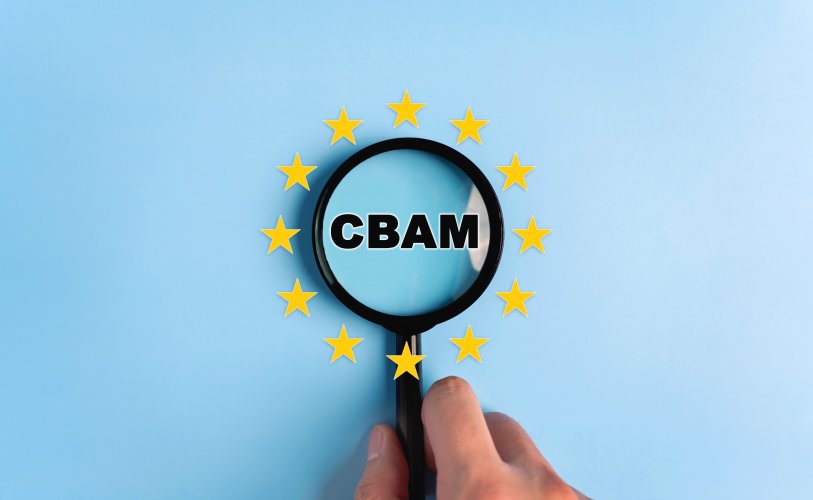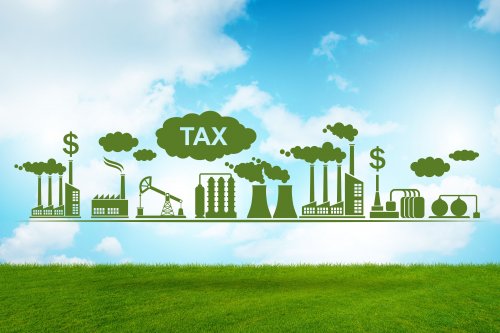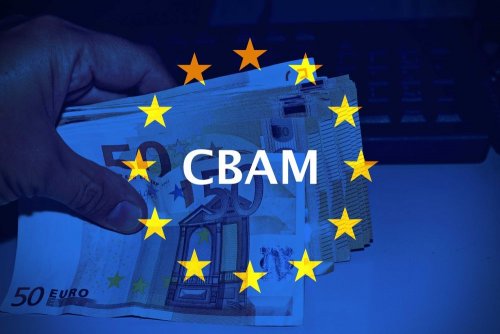The European Commission proposes to introduce a number of simplifications for importers regarding the carbon border adjustment mechanism (CBAM), including postponing the start of the full functioning of this tool from 2026 to 2027.
This was announced by Dan Maleski, a leading consultant on CBAM at the British consulting company Redshaw Advisors, on LinkedIn.
He and his colleagues analyzed the draft amendments to Regulation (EU) 2023/956 on the carbon adjustment mechanism for imports prepared by the European Commission. It details some significant potential changes to the functioning of the EU CBAM.
Three key differences
Here are the main possible innovations identified by experts:
1. Postponement of the sale of CBAM certificates – the obligation is proposed to be postponed from 2026 to 2027, which will give importers additional time to prepare.
2. New threshold for exemption from carbon duty for small importers. Companies that annually import less than 50 tons of CBAM-covered goods or goods with 100 tons of embodied CO₂ will be exempt from EU CBAM obligations. Potentially, this will exempt about 90% of importers from CBAM obligations, but will cover 99% of emissions.
3. Tougher sanctions for deliberate non-compliance. For minor violations, fines may be reduced, but for deliberate evasion of obligations, such as splitting imports, fines will be increased 3-5 times.
Other important changes
Among the significant probable innovations, analysts also pointed to the following:
1. Simplification of compliance checks:
- the requirements for quarterly storage of certificates will be reduced, potentially easing the financial pressure on importers;
- EU CBAM declarations will be submitted in October instead of May.
2. Adjustment of the scope of application:
- some by-products are proposed to be excluded from the scope of the EU CBAM;
- emission calculations will be simplified for some covered products.
As a reminder, on October 1, 2023, the EU began a transitional period for the application of the carbon adjustment mechanism for imports. At this stage, which will last until January 1, 2026, companies will only have to report on carbon emissions released into the environment during production.
And from the first day of 2026, the full implementation of CBAM, which involves the payment of a carbon duty, is to begin. Importers will be required to obtain so-called CBAM certificates for their products to cover the carbon price gap between EU products and products that are not produced within the EU.
Ukrainian stakeholders are constantly reminding officials that our country must defend its right to apply paragraph 30.7 of the CBAM regulation to Ukraine, which provides for the possibility of excluding a country from the CBAM during force majeure, including war. This will help to avoid the destructive impact of this mechanism on the Ukrainian economy. Under this declarative principle, domestic enterprises will report their own emissions but will not pay the cost of certificates.
Earlier, EcoPolitic also reported that in the Clean Industry Agreement, the European Commission plans to significantly simplify bureaucratic procedures, in particular with regard to CBAM, accelerate the development of green energy, and introduce quotas for the purchase of climate-friendly goods.





